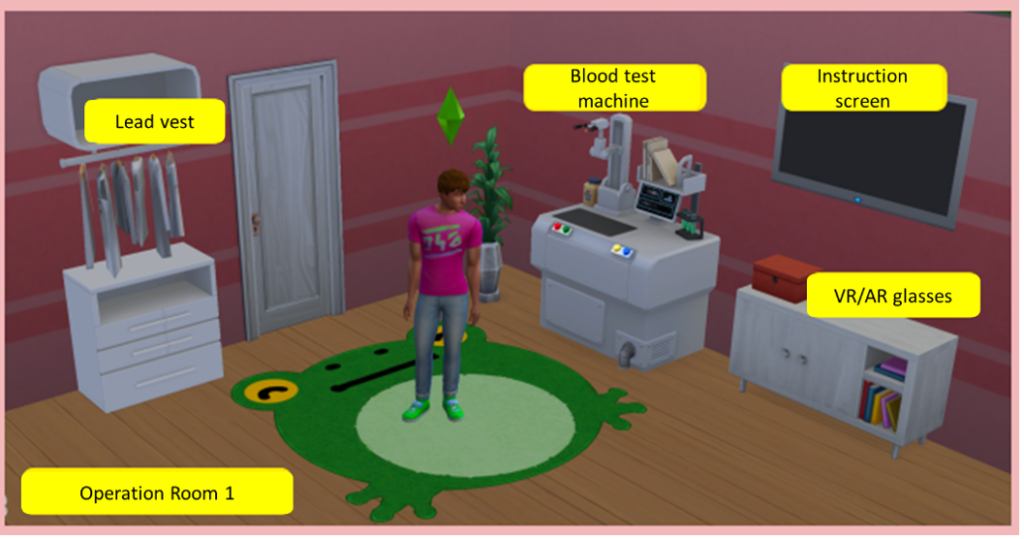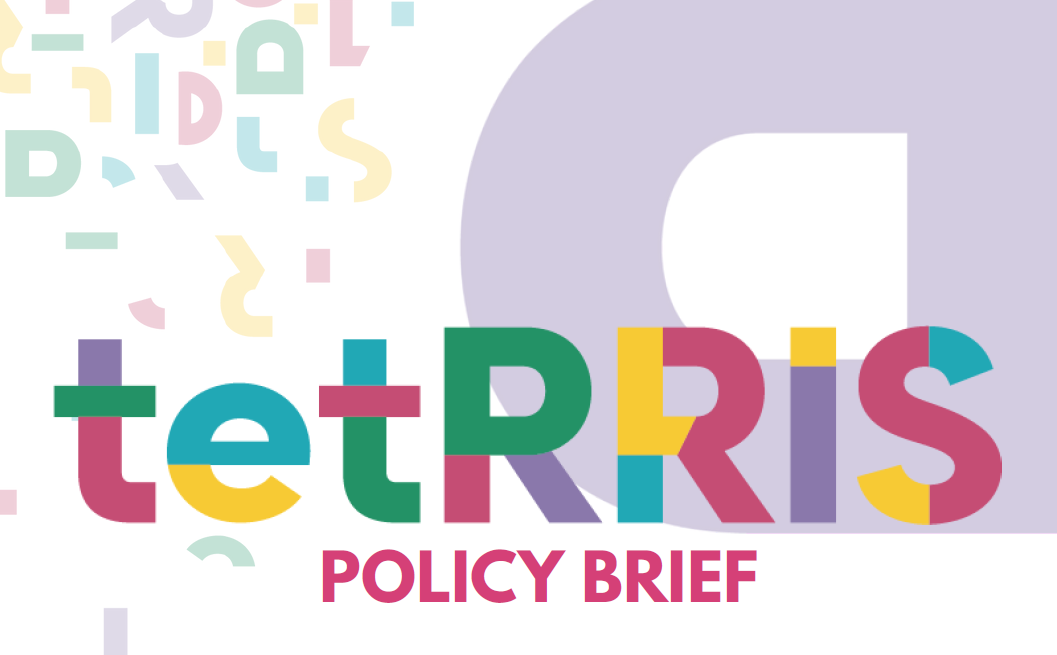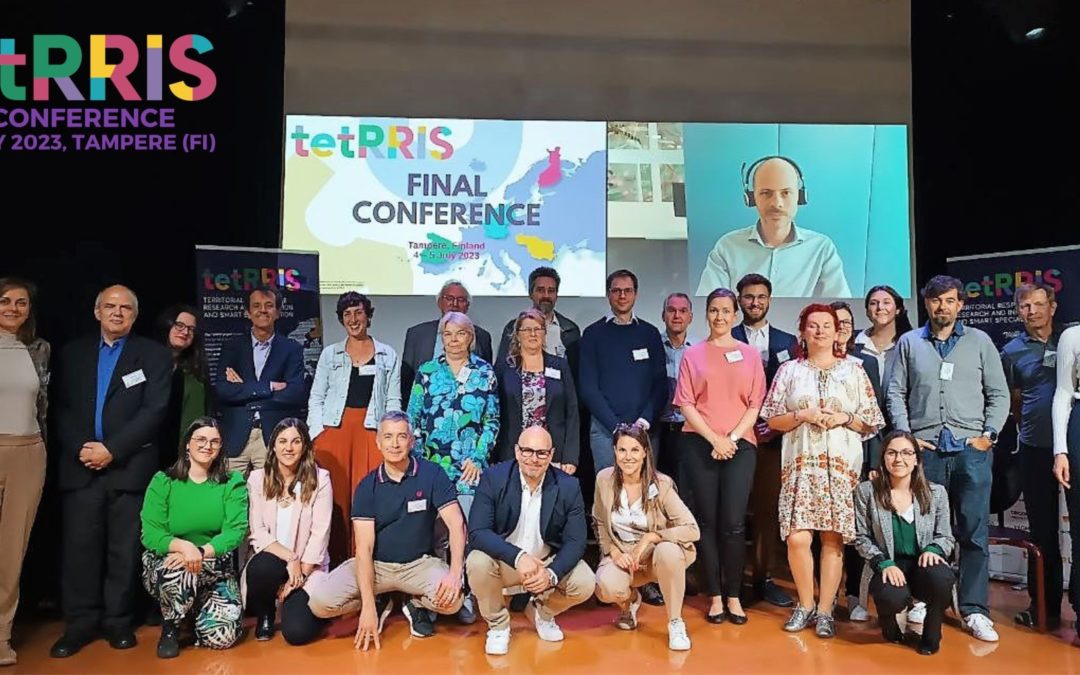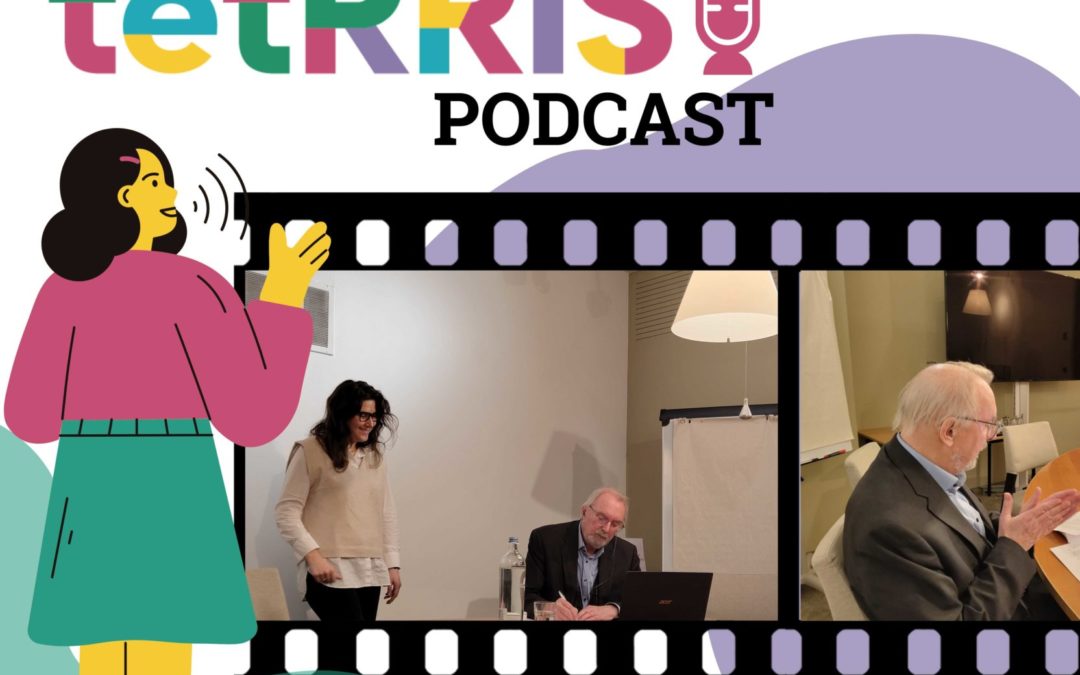Think about the technological development that has taken place during the last 20-30 years, and how much digitalisation has already changed everything we now do. Then, think about the future and all the possibilities new, developing technologies and the data we have access to might bring – in different industries and for different kinds of people, solving even the wicked problems we are facing. What kind of innovations are you looking forward to?
Perhaps it could be something like the following:
- Virtual reality aided interactive games for pupils with learning disabilities, supporting them with their special needs and creating a more inclusive school environment.
- Service against cyber scams for vulnerable groups, such as the elderly.
- Artificial intelligence (AI) aided health check self-service booths at healthcare stations, to ease the burden of the healthcare sector and to create better and more flexible service experiences for young people, for instance.
- Digital sustainability consultancy for starting companies and for industry-level sustainability assessment and development.
- AI-aided burn-in portable device to monitor and support well-being at work with advanced prognosis feature.
- Waste collection robot in a smart city environment, with new energy solutions, automation and optimization features and advanced on-site waste processing and recycling.
The above ideas were suggested as solutions to a challenge that was posed to student teams on the green digital transition in the Pirkanmaa region (Tampere region, Finland). It was the second time we participated as the TetRRIS project in the SPRINT Innovation Fesitval, a challenge competition for students organised by Tampere University and the Tampere University of Applied Sciences. It was great to feel the excitement of students to engage in real-life challenges, although our challenge was neither very concrete nor easy, nevertheless, it demanded envisioning skills and creativity.
Namely, we challenged students to envision a sustainable digital future in Pirkanmaa, 10 to 20 years ahead. A reason why we, in TetRRIS, are interested in such a challenge is that digital transition is unavoidably happening but at the same time, it comprehends not only cool and smart gadgets, services and solutions but also a wide array of ethical considerations of acceptability and desirability of such solutions in the society. One of the major questions in green digital transition is how digital transformation can be implemented sustainable and responsible manner by respecting the environment and society but making the transition economically feasible. Therefore, we encouraged students to think up solutions that would have a positive impact and that might even help solve societal challenges of today and the future. Moreover, we stressed the importance of wide consideration of the different stakeholders’ needs and expectations, and the positive and negative values they might experience.
It is true that digital transformation is under the pressure of responsibility and sustainable development, given that the transformation has to be implemented more effectively, equally and cleanly. For instance, it is environmentally unsustainable that communication technology’s electricity usage could contribute up to 23% of the globally released greenhouse gas emissions in 2030[1]. We can also imagine how the mining of rare minerals is needed to produce gadgets to provide automated waste management systems or self-service healthcare solutions in the metaverse consume natural resources and challenge biodiversity.
Or, how we exclude large groups of people if the use of a solution requires advanced digital skills or if the design of a new gadget serves particularly one gender (like it is the case with e.g. sometimes too big mobile phones for females or voice recognition apps that recognise better male than female voice). Besides accessibility, desirability and equality of services by users, concerns related to the collection, storage and use of personal data are typical social sustainability-related challenges.
It is evident that for example, the metaverse offers tremendous opportunities for instance in efficiency, but at the same time, we need new greener and more inclusive solutions for digital transformation to overcome sustainability tensions.

You probably wonder which of the student teams won as the SPRINT Innovation festival is, along with all the fun it brings, first and foremost an innovation competition. This year we were puzzled by two solutions, artificial intelligence-aided health check self-service booths at healthcare stations and waste collection robots in a smart city environment. These two solutions reflected societal needs, problematised well sustainability impacts and applied a future-oriented perspective.
We enjoyed listening and sparring with the teams and hope that with the thought-provoking, and admittedly not-an-easy challenge, we were able to raise awareness of the future talents to engage in greener and more ethical solutions for digital transformation.
[1]Andrae & Edler. On Global Electricity Usage of Communication Technology: Trends to 2030. Challenges, 2015, 6(1), 117-157; https://doi.org/10.3390/challe6010117
Hits: 269





0 Comments